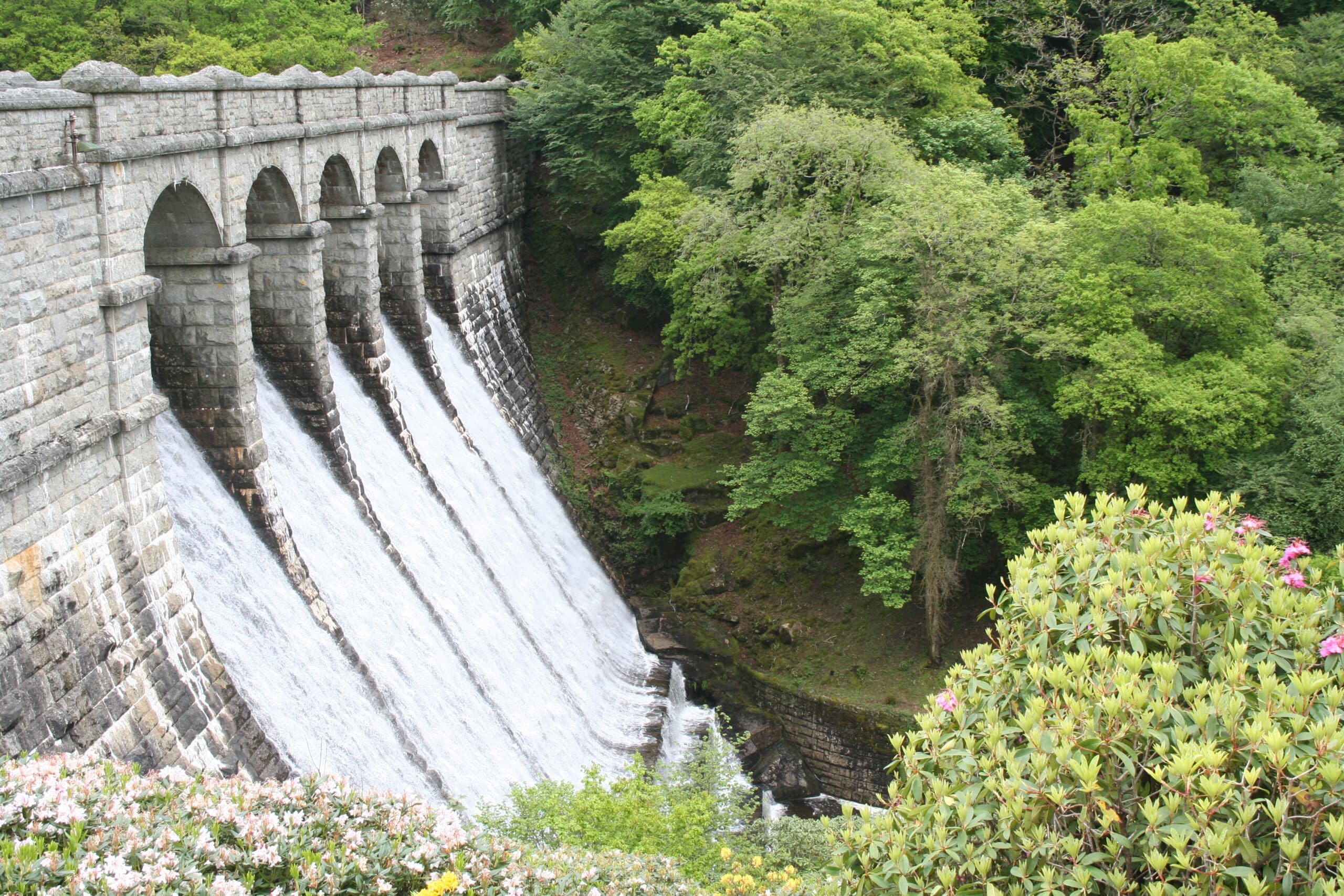Explore the efficiency of off-grid hydroelectric systems in this comprehensive guide. Learn about the benefits, key components, and sustainable practices. Discover how these innovative systems empower remote communities with clean energy solutions.
Off-grid hydroelectric systems are pivotal in providing sustainable energy solutions for remote areas. This comprehensive guide explores these innovative power systems’ key components, benefits, and sustainable practices. From harnessing the force of flowing water to generating electricity, off-grid hydroelectric systems offer a reliable and eco-friendly alternative for communities living off the grid.
Understanding Hydroelectric Systems
Hydroelectric systems are designed to operate independently of traditional power grids, making them ideal for remote locations. The critical components of these systems include turbines, generators, and transmission lines. Turbines harness the kinetic energy of water, converting it into mechanical energy that drives generators to produce electricity.
Advantages
- Sustainable Power Generation:
Hydroelectric systems provide a continuous and renewable energy source, reducing dependence on non-renewable resources. - Environmental Impact:
The environmental footprint of these systems is minimal, as they produce clean energy without emitting harmful pollutants. - Cost-Efficiency:
Once installed, hydroelectric systems have lower operational costs than traditional power sources, offering long-term financial benefits.
Key Components
- Turbines and Generators:
Efficient turbines and generators are essential for converting water’s kinetic energy into electricity. Regular maintenance ensures optimal performance.
Turbines and Generators Options:
wonofa Water Flow Generator Turbine Generator Hydroelectric Micro Hydro Generator1/2 Inch Portable Water Charger 10W 12V
- Transmission Lines:
Transmitting generated electricity to remote areas requires well-designed transmission lines to minimize energy loss and ensure a consistent power supply. - Control Systems:
Advanced control systems manage water flow, regulate electricity output, and monitor system performance to maximize efficiency.
Sustainable Practices in Hydroelectric Systems
- Ecosystem Preservation:
Hydroelectric systems prioritize environmental sustainability by minimizing disruption to aquatic ecosystems and preserving biodiversity. - Community Engagement:
Involving local communities in the planning and implementation of these systems fosters a sense of ownership and ensures long-term success. - Water Resource Management:
Responsible water resource management is crucial for sustaining off-grid hydroelectric systems and preventing adverse effects on downstream ecosystems.
Implementing Hydroelectric Systems in Remote Areas
- Community Empowerment:
Hydroelectric systems empower remote communities by providing a reliable and locally controlled energy source, fostering economic development. - Educational Initiatives:
Implementing educational programs on sustainable energy practices helps communities maximize the benefits of off-grid hydroelectric systems. - Government Support:
Government initiatives and support are vital for successfully implementing off-grid hydroelectric projects and ensuring regulatory compliance and financial assistance.
Conclusion
Hydroelectric systems represent a sustainable and empowering solution for remote areas seeking reliable energy sources. These systems offer environmental benefits, economic empowerment, and long-term sustainability by harnessing the power of flowing water. As technology advances, hydroelectric systems will play an increasingly crucial role in shaping the future of remote living.

Leave a Reply
You must be logged in to post a comment.